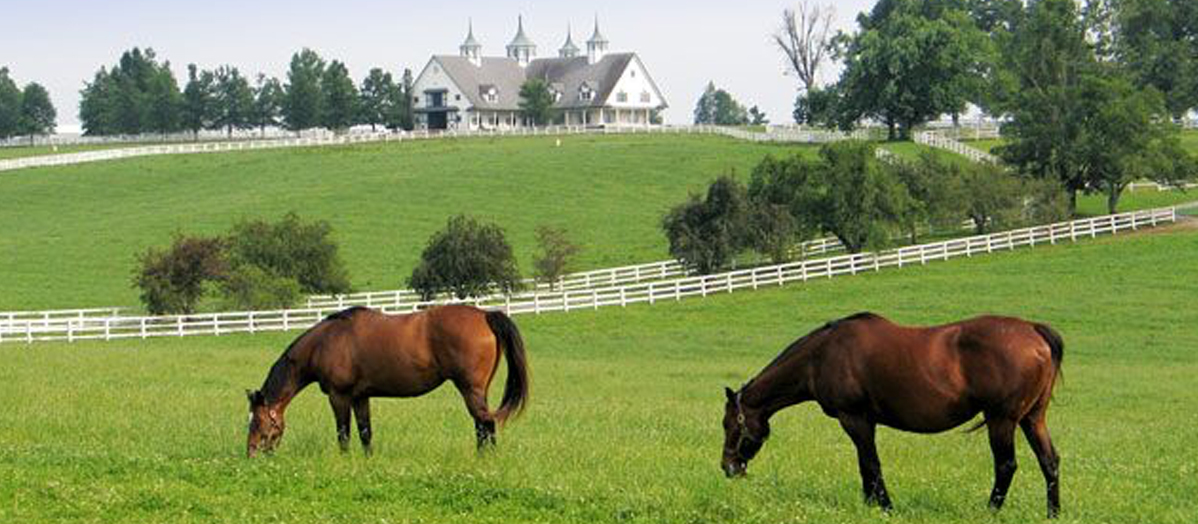365 Days in Horse Country – Equine Gastric Ulcer Syndrome (EGUS)
Humans aren’t the only ones who get stomach ulcers. Horses are plagued by them, too. Often the result of stress, frequent dosing with non-steroidal anti-inflammatory drugs, and low-fiber diets, gastric ulcers in horses are unfortunately all too common. In fact, one study showed that 90 percent of all performance horses in training suffer from Equine Gastric Ulcer Syndrome (EGUS).
EGUS is caused by excess acid that can eat through the stomach’s protective lining. Your horse’s stomach produces acid nonstop throughout the entire day and can produce up to 16 gallons of acidic fluid every 24 hours. In a constant grazing setting, a steady flow of acid is needed for digestion, and the roughage and saliva help neutralize the acid. As you add more grain to your horse’s diet, acid levels can increase, especially with the addition of stress factors, such as training, new surroundings or transporting. Fortunately, your veterinarian can help you prevent EGUS, as well as treat and heal existing ulcers.
Diagnosing ulcers can be tricky but a classic symptom is frequent, unexplained colic episodes. Most horses show no symptoms, however. The only way to definitively diagnose them is the have your veterinarian examine your horse using an endoscope. The endoscope is inserted through the horse’s nose, down through the esophagus, and into the stomach. The veterinarian can actually see the ulcers using this method rather than simply surmising their presence based on symptoms.
EGUS is treated by using omeprozane, a drug specifically designed for the treatment of ulcers in horses. Horses receiving non-steroidal anti-inflammatory medications for another health condition should be fed alfalfa hay to help protect the stomach. Stress should also be reduced to help the horse’s stomach heal.
The best way to prevent EGUS is to feed your horse a diet high in roughage; hay, hay, and more hay. Keep your horse’s stress to a minimum if you can, and speak with your veterinarian about preventative medication if he or she prescribes anti-inflammatory drugs for your horse
Michael







